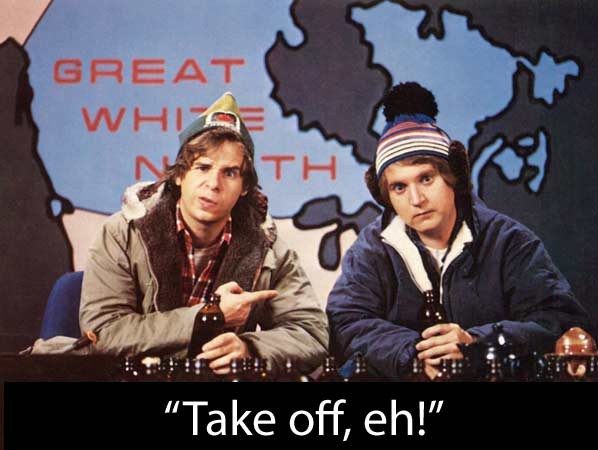- Messages
- 3,631
I am a "word guy" to the bone. Words and languages fascinate me. Recently I've been reading a book called Undaunted Courage, about the journey of Lewis & Clark. There are lots of excerpts from their journals. It was a time when spelling was not exactly a "settled science". Also, all the important words within a sentence were given prominence by capitalizing their first letters....probably a practice then developed because most things were handwritten, thus no italicization.
I've also had to deal with a few "misunderstandings" on the internet lately, mostly due to a disconnect in what a person meant versus what they typed. Not everyone picks up the new meanings of things at the same rate, I guess...and conflicts ensue if we're not careful.
Anyway, all this has got me to thinking about the ways in which the English language has evolved, just in my lifetime. Two that immediately come to mind are:
1. The exclamation point. I was taught as a kid that it indicated shouting. Not any more. Now it denotes zeal/enthusiasm.
2. All caps. This is how we denote anger/shouting now....GET IT?
I wold love to see other examples. What you got?
I've also had to deal with a few "misunderstandings" on the internet lately, mostly due to a disconnect in what a person meant versus what they typed. Not everyone picks up the new meanings of things at the same rate, I guess...and conflicts ensue if we're not careful.
Anyway, all this has got me to thinking about the ways in which the English language has evolved, just in my lifetime. Two that immediately come to mind are:
1. The exclamation point. I was taught as a kid that it indicated shouting. Not any more. Now it denotes zeal/enthusiasm.
2. All caps. This is how we denote anger/shouting now....GET IT?
I wold love to see other examples. What you got?



